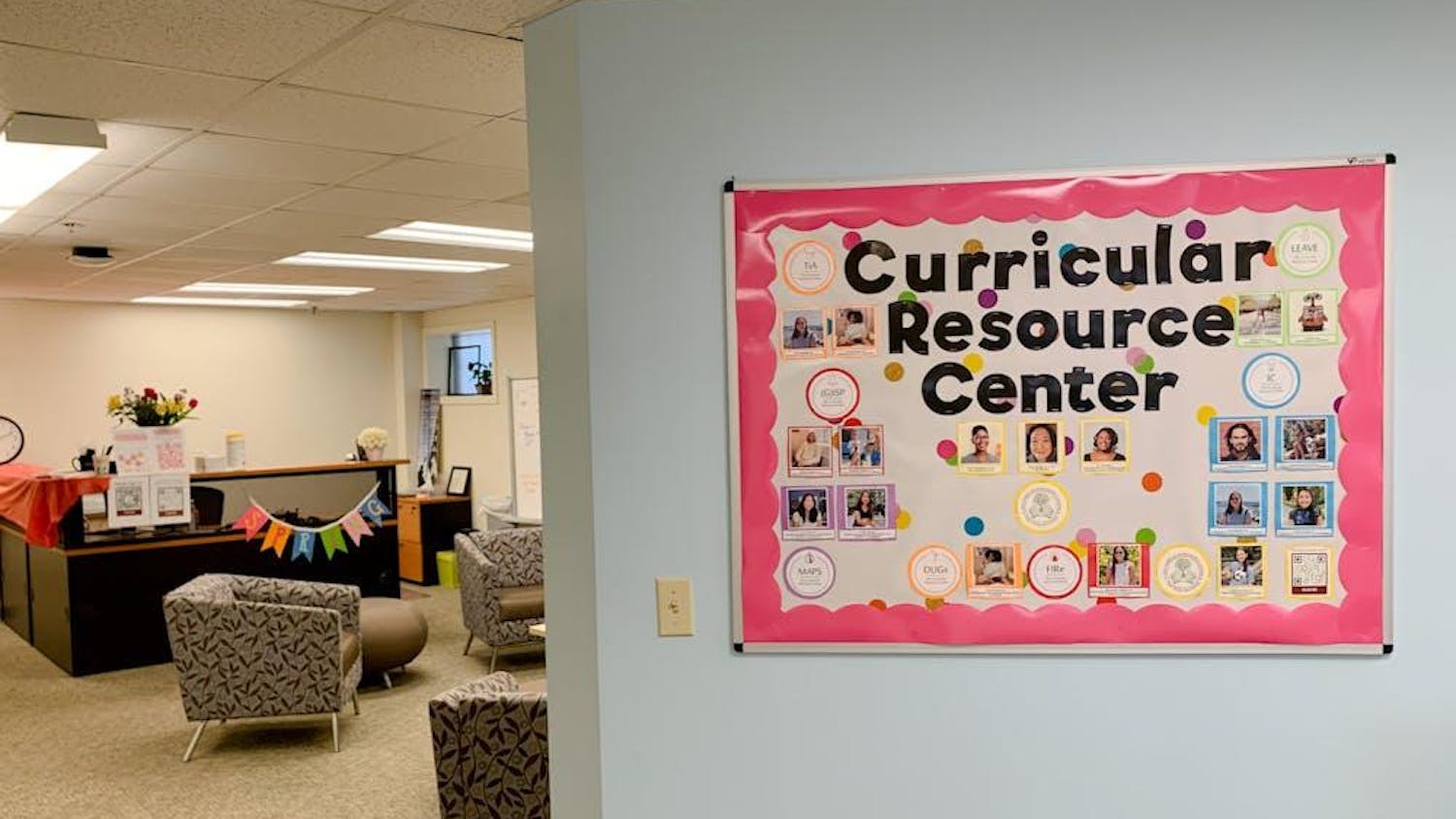CreatureCast, a narrative-driven video podcast chronicling some of nature's many quirks and oddities, first began capturing the imaginations of students, teachers, scientists and artists on campus two years ago. Since then, it has evolved from a side project to an undertaking with a life of its own, attracting attention both within the University and across the nation. Much of that attention is focused on the podcast's unique meld of science and art, an intersection University administrators say they are hoping to explore more rigorously.
The podcast, produced by Assistant Professor of Biology Casey Dunn, features the voices of scientists explaining their research. Electro-funk music provides a backdrop for the hand-drawn animations. Episodes, each around a minute long, highlight a variety of topics, such as the mating rituals of male cuttlefish — who broadcast iridescent wave-like patterns across their skin in synchronicity with other males — and the life cycle of the strangler fig, a parasitic plant.
Dunn began CreatureCast to fulfill a "broader impact" requirement for a National Science Foundation grant he received in 2009. Broader impact plans more frequently take the form of teaching K-12 students about a professor's research, developing education materials or partnering with museums.
But Dunn decided to go a different route. Inspired by the narrative power of radio programs like "StoryCorps" and "This American Life," Dunn wanted to tell scientists' stories in an engaging way for listeners. Sophia Tintori '09, Dunn's former student, realized the project needed pictures, so she drew animation — "and that's how CreatureCast started," he said. "From the beginning, we were just making stuff that we like, having a good time — not shooting for a certain number of views, not working from the consumption side."
CreatureCast has been featured on websites including the Nature science blog Scitable, PopTech, Imagine Science and National Public Radio's Science Friday and has received praise in the press. Tintori's videos have also found their way to national and international film festivals.
"People were getting very excited about CreatureCast, which proved that students and faculty with different interests can come together and make things that are useful to the outside world," said David Targan, associate dean of the College for science education. "It's science you can learn on your iPhone."
Targan also pointed to the podcast's potential as a teaching tool — and not just for students. "As a professor who's been in the field for 20 years, it's useful to be reminded of the misconceptions students have that often come to light in the creation of these videos," he said.
This semester, the Science Center in the Sciences Library purchased new animation equipment students can use to make video podcasts. The Granoff Center for the Creative Arts is allowing CreatureCast to use its audio recording studios. Natividad Chen '13, who won an Undergraduate Teaching and Research Award this semester to work on the podcast, is organizing technology workshops for students interested in making their own CreatureCasts.
Students in Dunn's BIOL 0410: "Invertebrate Zoology" class have contributed roughly half of the video podcasts to the project. Chen, who took the class last spring and made a video instead of writing a final paper — a choice students have had for the past two years — said that interest in making a podcast has jumped from four or five students in previous semesters to half the class, which had 36 students last semester. Even students not enrolled in the class have asked to get involved, Chen said.
The jump in University support for the podcast is part of a recent initiative funded by the NSF to increase opportunities for informal science education, Targan said. That discussions are also underway with professors from Rhode Island School of Design to encourage greater interdisciplinary efforts across the arts and sciences. During annual grant application reviews with professors this week, Targan plans to use CreatureCast as an example of a way to satisfy broader impact requirements in the hopes of promoting similar interdisciplinary projects.
"Brown is the perfect niche for something like this," Dunn said. "At Carnegie Mellon or MIT, how many students would you have who'd played around with video cameras since they were five who were also interested in science?"




